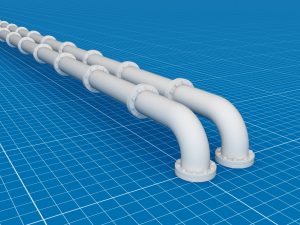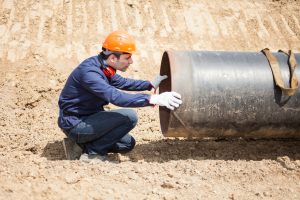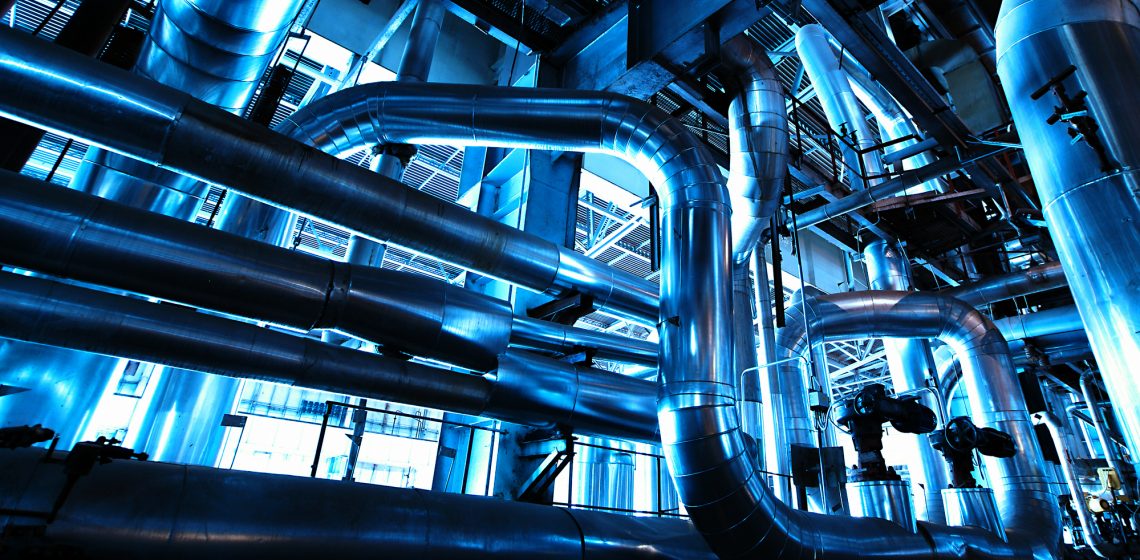What Does it Take to be a Master Plumber?
Although many people like to call themselves a “master” at their trade or skill set, the designation of “Master Plumber” is a specific and meaningful title. In the plumbing industry, people who are called “master” are only called that because they have met a set of rigorous and important standards. They have passed all the tests and are true craftsmen (and women!) who have mastered all the plumbing skills.
Master plumbers deserve the recognition and respect of masters in any other field of study or business – but most people don’t know what hard work goes into their positions.
Education Requirements to be a Master Plumber
To advance to the rank of Master, a plumber must first go through the ranks of Student, Apprentice, and Journeyman. Each of these includes different educational and hands-on practical experience requirements.
There is not an advanced college degree required to become a Master Plumber. After high school, a person can attend a vocational or technical college class to learn the basics of plumbing. At this level, the person is the Student, learning about the math of plumbing, the designs of piping, and the simple aspects that all types of plumbers need to know.
A pre-apprentice program might offer classes on how to read blueprints, building codes, installation methodology, and more. It may take two years to complete these courses. After completing the courses for a Student Plumber, the person then applies for a professional apprenticeship.

Professional Requirements to be a Master Plumber
Level 1: Apprentice
Depending on the requirements of your state, you can expect to be an Apprentice Plumber for at least five or six years. And depending on the specifics of the plumbing that you become involved in – such as “green” plumbing techniques, residential plumbing, or commercial and industrial plumbing – you may need to attend different classes hosted by professional plumbing organizations or other Master plumbers. During your time as an apprentice, you will work on a team under the direction of other Journeymen Plumbers and Master Plumbers, who will ensure that you have the practical knowledge to problem-solve and apply solutions to a wide variety of plumbing issues.
Level 2: Journeyman
After completing your Plumbing Apprenticeship, you can continue to build a team of apprentices under you, while developing your skills under the supervision of a Master Plumber. At this mid-level, you are considered a Journeyman Plumber, and you will be pushed to learn more advanced skills and solve more difficult problems. You may take training and educational courses offered by plumbing organizations, in order to advance your technical knowledge. And you also may choose to return to college for business, math, or computer software classes (such as computer aided drafting – or CAD – classes) to advance your knowledge and skill set as technology changes.
At minimum, expect to stay at the Journeyman level for four years. Many people remain in the Journeyman stage for as many as eight or ten years, developing a range and variety of skills or becoming incredibly knowledgeable in a particular industry. Many Journeymen Plumbers are preparing to open their own plumbing businesses when they become Masters, and may stay in this position for longer than it takes to complete the minimum training requirements.
Reaching Master Plumber Level
Finally, after working as an Apprentice and a Journeyman, you will take the certification exam that tests both practical and theoretical knowledge, as well as federal and state building codes and regulations. Once completed, you are a Master Plumber.

By the time you have become a Master Plumber, you can expect that you will have spent at least ten years (two in school, plus at least eight working toward different levels of hands-on experience), dedicated to building this career. Although, many people don’t advance to a Master Plumber level until they have twelve or fifteen years of experience. So don’t be surprised when you meet a very knowledgeable Master Plumber.
Wage for a Master Plumber
Many Masters open their own businesses and take on previous Apprentices as Journeymen or recruit other outstanding plumbers to their service. It can be a good career path to establish a family business or even a franchise. According to recent data, the average Master Plumber in the U.S. makes in the mid-50-thousands every year, which varies by location and specifics of the plumber’s certifications. As a small business owner, becoming a Master Plumber is one way to remain relevant and growing with tomorrow’s cities.
